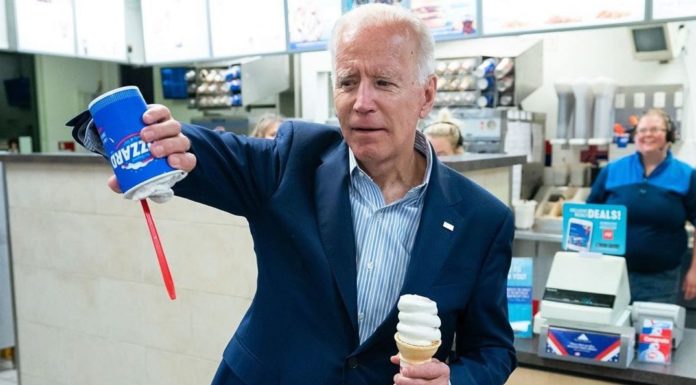(The Center Square) House Democrats sparked headlines this week with the release of several proposed tax increases, including one that would spike the cost of tobacco products.
Democrats on the U.S. House Ways and Means Committee released a document detailing a litany of tax hikes to fund their $3.5 trillion spending plan. A proposed tax hike on nicotine and tobacco products would raise the price of vapes, cigars, pipe tobacco and cigarettes and hit lower-income Americans the hardest, which critics say is a violation of President Joe Biden’s pledge to only raise taxes on the wealthiest Americans.
“This provision doubles the current rate of excise taxes on cigarettes, small cigars, and roll-yourown tobacco,” the Democrats’ document said.
The tax would be adjusted for inflation after 2022, according to the plan. The Joint Committee on taxation estimates it would raise $96 billion.
Opponents argue the plan violates President Joe Biden’s pledge to not raise taxes on anyone making less than $400,000 annually, since millions of Americans well under that pay range consume tobacco products every day.
“Alongside the American Families Plan, the President will be proposing a set of measures to make sure that the wealthiest Americans pay their share in taxes, while ensuring that no one making $400,000 per year or less will see their taxes go up,” the White House said after the release of Biden’s “American Families Plan.”
Experts say the tax on tobacco manufacturers will be passed down to millions of American consumers around the country, almost all of whom make less than Biden’s $400,000 pledge.
“Doubling the cigarette excise tax rate moves the rate far beyond internalizing externalities,” said Ulrik Boesen, an expert at the Tax Foundation.
“It is not aligned with the health costs of smoking and is not intended to be. It is, primarily, a source of additional revenue, and must be evaluated in those terms. As a source of general fund revenue, the tax is exceedingly regressive.”
Those “regressive” taxes hit poorer Americans harder than wealthier Americans, disproportionately affecting those below the poverty line.
“The vast majority of smokers have lower incomes, and tobacco is one of the few goods that have an inverse relationship with income in that consumption increases as income decreases,” Boesen said.
“Today, at a national level, a pack-a-day-smoker making $15,000 a year pays almost 10 percent of their income in tobacco taxes (state and federal). The proposed increase takes that figure to 12 percent. For someone making $35,000, that’s 4.1 percent today and 5.2 percent after the tax increase. Of course, these are national averages, and there is significant variation from state to state.”
The tax hike comes as part of Democrats whopping $3.5 trillion in federal spending, which includes a litany of progressive spending projects, funded by new tax hikes. Democrats argue tax hikes are necessary to fund “human infrastructure” spending.
That bill, though, has gotten serious pushback from some Democratic senators who say the $3.5 trillion price tag is too high. Sen. Joe Manchin, D-W.V., has said repeatedly in recent weeks that he will not vote for a bill that costs $3.5 trillion, citing concerns over inflation and the legislation’s effect on an economy struggling to recover from the pandemic.



